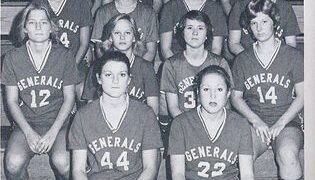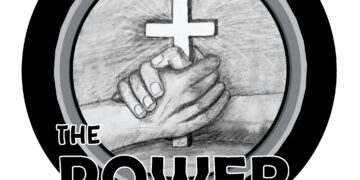 Here’s a lesson to teach the kids: not everyone who looks wealthy is actually a financial success. The big house might have a huge mortgage. The awesome car might have come with 7-years of large monthly payments. People with a lot of “stuff” might be living paycheck to paycheck, with no wiggle room and lots of stress. Real financial wealth is measured not by the amount of stuff, but by net worth. Net worth sounds fancy, but it’s simple. All of your assets (cash, cars, real estate, etc.) minus all your liabilities (debt, mortgages, expenses, etc.) equals net worth. More liabilities than assets, then you have a negative net worth. You owe more than you own. If you have more assets than liabilities, then your net worth is positive. Good for you!
Here’s a lesson to teach the kids: not everyone who looks wealthy is actually a financial success. The big house might have a huge mortgage. The awesome car might have come with 7-years of large monthly payments. People with a lot of “stuff” might be living paycheck to paycheck, with no wiggle room and lots of stress. Real financial wealth is measured not by the amount of stuff, but by net worth. Net worth sounds fancy, but it’s simple. All of your assets (cash, cars, real estate, etc.) minus all your liabilities (debt, mortgages, expenses, etc.) equals net worth. More liabilities than assets, then you have a negative net worth. You owe more than you own. If you have more assets than liabilities, then your net worth is positive. Good for you!
Calculating your net worth can help you understand your financial needs and possibly see what needs to be changed for better financial health, not only now but for the long haul. Net worth tells you where you stand financially and can help you prepare for retirement. Though having a negative net worth isn’t necessarily bad, it does show you that there’s still work to do before you’d feel comfortable retiring. You can set goals and stick to them – goals for savings and investing as well as for healthy borrowing and debt repayment.
How do you calculate net worth? In simple terms, finding net worth is as easy as subtracting what you owe from what you own. The complicated part comes when you’ve got tons of property, business expenditures, and debts that fluctuate in economic value constantly. For the average person, however, it’s as simple as adding up mortgages, credit card debt, car loans, etc., and then subtracting what you get from the total added value of bank accounts, owned property, and any other assets. For a little help in calculating your net worth, try the “Know Your Net Worth” Coach in Park View Federal Credit Union’s Financial Wellness Center: https://tinyurl.com/43mz2fdp.

































